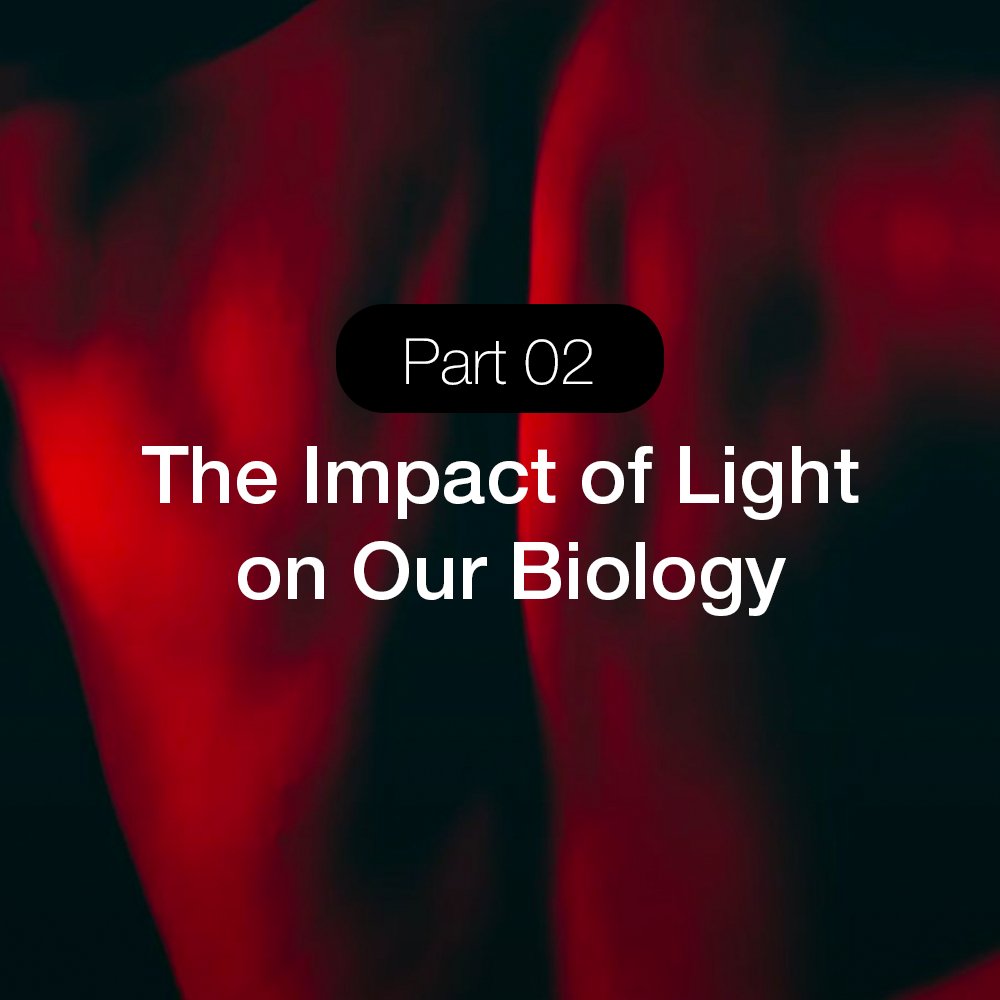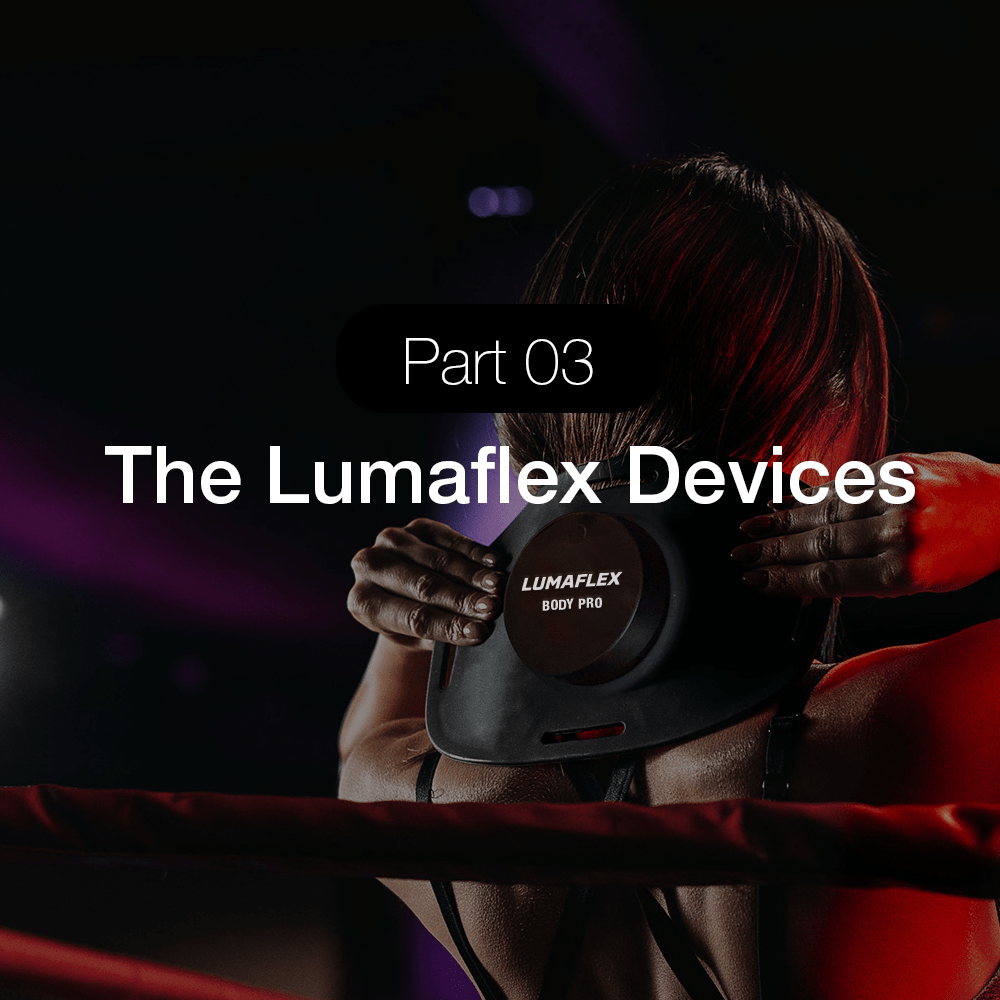630nm Photobiomodulation by low-power laser irradiation attenuates Aβ-induced cell apoptosis through the Akt/GSK3β/β-catenin pathway
Study Overview
- Description: This study reports a novel molecular mechanism by which low-power laser irradiation (LPLI) attenuates amyloid β peptide (Aβ)-induced cell apoptosis through the Akt/GSK3β/β-catenin pathway.
- Source: PubMed
Summary
- Background: Apoptosis induced by amyloid β peptide (Aβ) is thought to be associated with the pathogenesis of Alzheimer disease (AD). LPLI is known to reduce Aβ-induced apoptosis, but the underlying mechanisms were unclear.
- Findings/Mechanism: The study revealed a novel molecular mechanism:LPLI activated Akt.The activated Akt interacted with GSK3β and phosphorylated it on Ser9 in the presence of Aβ(25-35), resulting in the inhibition of GSK3β's activity.LPLI, via the Akt/GSK3β pathway, increased the nuclear translocation of β-catenin and enhanced its transcriptional activity to promote cell survival.
- LPLI activated Akt.
- The activated Akt interacted with GSK3β and phosphorylated it on Ser9 in the presence of Aβ(25-35), resulting in the inhibition of GSK3β's activity.
- LPLI, via the Akt/GSK3β pathway, increased the nuclear translocation of β-catenin and enhanced its transcriptional activity to promote cell survival.
- Conclusion: The data demonstrate that LPLI has a pro-survival effect on Aβ-induced apoptosis and may be an effective therapeutic strategy in treating Alzheimer's disease (AD) by targeting GSK3β.































